Recovery of Loan Can Solve All Banking Problems

Despite having little demand in our economy, twelve new commercial banks got licences in the last fifteen years. As a result, the size of the banking sector has increased tremendously. Presently 62 commercial banks and 35 NBFIs are operating in our economy. Though remarkable developments have been achieved in modernisation of banking, policy development to formulate a sustainable banking industry is still a far cry. Moreover, lack of good governance, money laundering, loan scams, relaxation in loan repayment policy, backdated banking laws, undue influence of board of directors in banking operations, etc. have weakened the sector. Now, it has become a challenge for the central bank, as a guardian of this sector, to pull in the weak banks.
Among other initiatives, the main solution lies in recovering those bad loans. Banks must take legal action if any loan is disbursed unduly but no solution will be possible if the money drained from the banks returns to the vault. That is why banks should concentrate on recovering the loans. However, this is not possible under existing recovery policies and laws. Still, there are no strict laws that can compel the borrower to repay the money willingly unless they are honest. When the borrower knows that the lender cannot do anything legally or by any other means if he does not repay the loan willingly, it is the toughest job for authorities to recover the loan money. The only prevailing law for recovering the bank’s money is Artha Rin Adalat Ain 2003. According to the law, a suit filed under this law must be settled within ninety days but, in practice, sometimes it takes a couple of years, even decades, to settle a suit where actual recovery of money is most of the time not likely.
The borrowers do not fear the law as they know that they can easily prolong the judicial process by using the loopholes of the law. More surprisingly the highest punishment of the law is six months imprisonment irrespective of any amount of money. Without the suit defaulted borrower does not face any problem in exercising his civil rights and facilities though he willingly misappropriates the public (depositors) money. The defaulter and his family members can enjoy every facility like a good borrower or a normal person. Even they can hold membership or take new membership of different prestigious associations, clubs and political parties, social and international organisations. There is nothing to discourage them from their mentality not to repay the money. Besides, interest waiver to a defaulter instigates a bad loan culture. The cost and facility of a rescheduled loan just like a regular loan demotivate the good borrowers. These kinds of discriminatory facilities for the defaulter are the main reason for creating a loan default culture.
So, it is time to be strict against the defaulters which compels them to repay the money willingly. Artha Rin Adalat Ain, 2003 should be modified in international standard, retaining the clause that stipulates that the defaulter and his family members may be sentenced to a minimum of ten years in prison and that all of their personal belongings, both real and personal, may be confiscated. The law should be treated as criminal law and must be settled within the shortest possible time under a speedy trial tribunal.
However, stopping all kinds of civil rights and facilities for the defaulter and his family members will also create pressure as soon as the borrower becomes a defaulter as per section 5 (GaGa) of the Banking Company Act. Different discriminatory facilities for the defaulter in loan repayment should be removed. Introducing a high tax rate for wilful defaulters may be a fruitful effort to discourage loan default. Now, bankers are fighting to recover the money with no weapons. If a strict recovery policy can be introduced, the culture of loan default as well as the size of NPL will hopefully go down and all kinds of problems of banks like liquidity crisis, capital and provision shortfall can be minimised.
_________________________________
The writer is a banker and can be reached at [email protected]


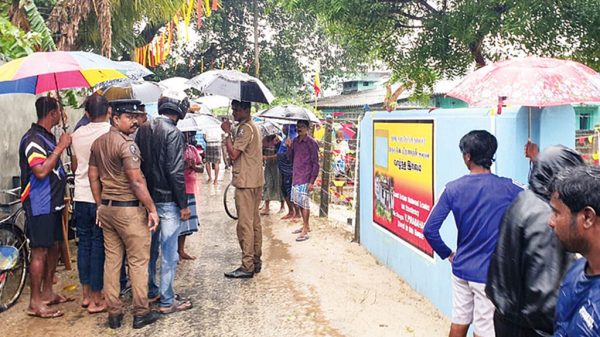

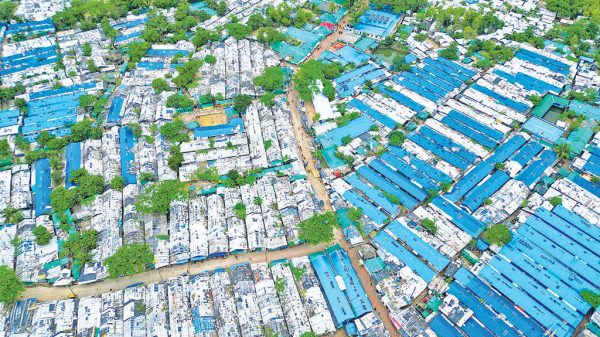









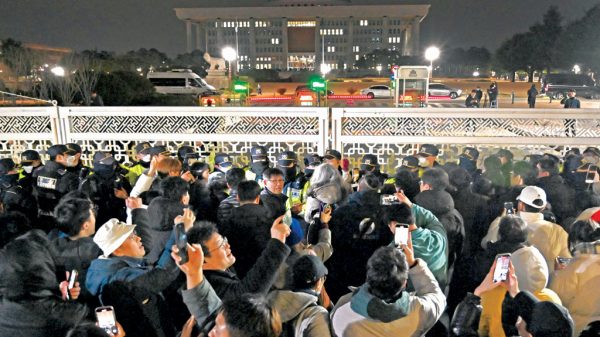

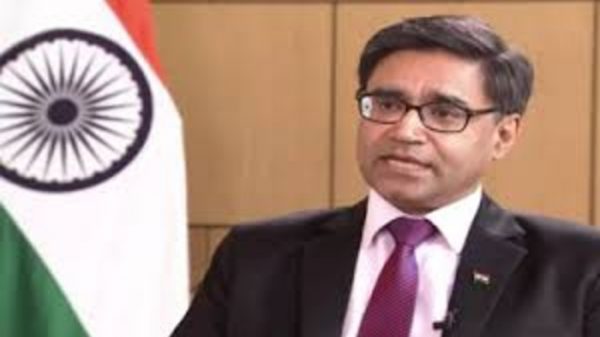
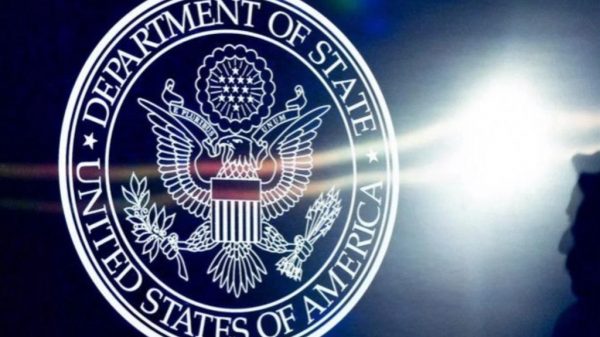











Leave a Reply